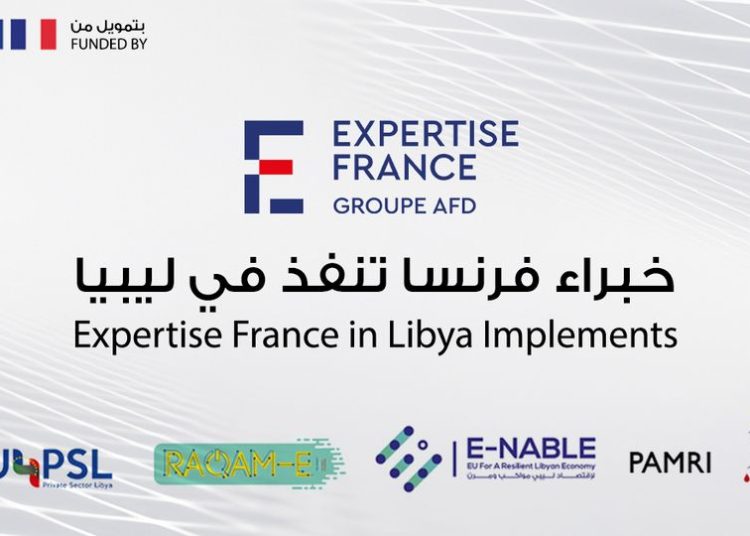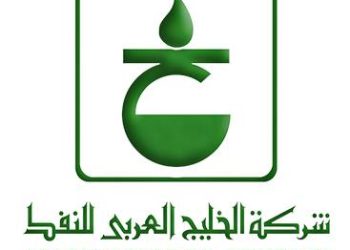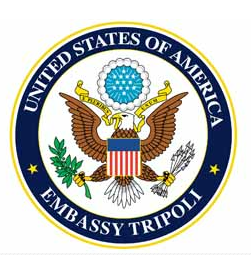Yesterday, at the Ministry of Economy and Trade’s Tripoli headquarters, the second annual meeting of the Steering Committee for the E-NABLE project was held. During the meeting, Expertise France presented the progress of the project’s activities and the achieved results. The attendees also learned about the upcoming activities and workshops to be held to achieve the project’s desired goals.
The meeting was chaired by Minister of Economy and Trade, Mohamed Al-Hwej, and among the attendees were Marton Benedek, Head of Cooperation at the European Union Delegation to Libya, Julien Schmitt, Country Representative and Director of Programmes at Expertise France, Ashraf Al-Tayeb, Director of the International Cooperation Department at the Ministry of Foreign Affairs and International Cooperation, and the Undersecretaries of the Ministry of Economy and Trade, Higher Education, Tourism and Traditional Industries, and a group of managers and officials in relevant economic authorities.
Commenting on the meeting to Libya Herald, the media spokesman for the Ministry of Economy and Trade, Fawzi Wadi said the meeting presented the main points and the next steps proposed by the economic diversification assessment report during the meeting. This assessment aims to develop an economic diversification strategy in Libya in order to become internationally competitive and generate exports in sectors other than the oil sector.
The meeting also agreed on the need to set priorities, develop human resources, and support the private sector to create a specific model for Libya and an integrated vision that paves the way for effective and tangible economic growth.
Wadi emphasized the positive results resulting from the efforts made by the European Union and Expertise France by providing technical support and developing the capabilities of various agencies. They also presented several studies and reports on the current economic situation, which provides an opportunity to make data-based decisions.
He added that the Ministry of Economy can provide the necessary legal environment to encourage all programmes that diversify sources of income. It also opens various fields of work for the local workforce from the outputs of universities or higher and intermediate vocational institutes and provide job opportunities for all educational levels in addition to employing residents inside Libya within the legislation regulating work in Libya.
The E-NABLE project is funded by the European Union and implemented by Expertise France in cooperation with the Ministry of Economy and Trade and other economic institutions for a sustainable, diversified, and digital economic recovery in Libya.









